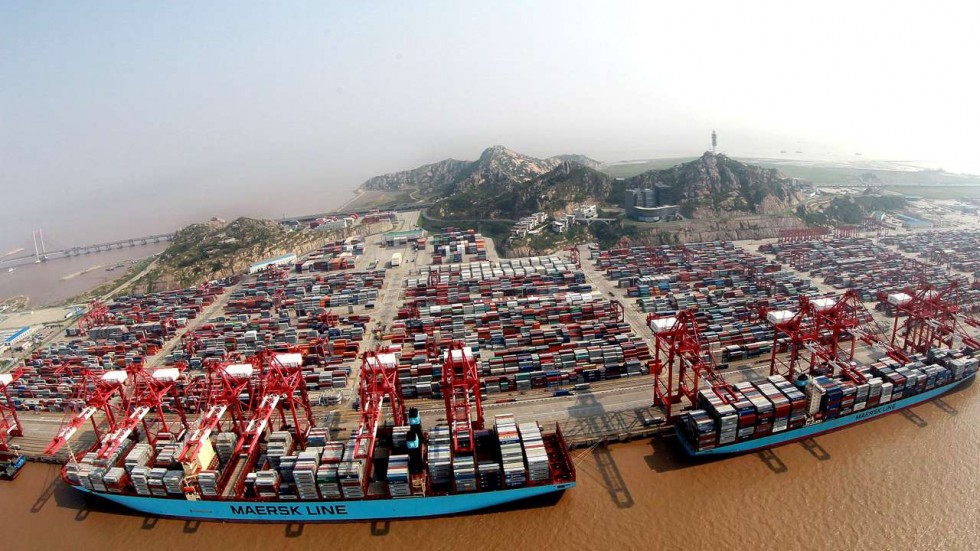- Enugu Free Trade Zone Attracts N240billion Investments
- Targets 20,000 jobs
The Empower Free Trade Zone (ENPOWER FTZ) is expected to attract up to $500 million (about N240 billion) worth of Foreign Direct Investments (FDI) from leading global manufacturing companies.
Besides, activities of the industrial clusters hosted in the free zone are also expected to create over 20,000 jobs across three major regions in the country.
Second largest economic cluster in Nigeria, outside of the Lagos Cluster.
The Federal Government’s quest for economic diversification, according to the organisers, will soon receive boost as the Governor of Enugu State, Ifeanyi Ugwuanyi, among other stakeholders are set for the ground breaking ceremony of the Free Trade Zone slated for November 24.
Ugwuanyi, who consolidates on foundation efforts of former Governor Sullivan Chime on the project was quoted as saying that the ground breaking ceremony for the facility would bear the first set of investment fruits which will give highly needed momentum to his government’s economic diversification programme.
According to him, “Enpower FTZ has put in substantial efforts into attracting specific, targeted high-profile investors right from the outset. These anchor investors play an important signaling role to other potential investors, and we expect them to attract a network of suppliers and partners.”
The investment promoters, according to a statement made available to The Guradian are poised to provide uninterrupted power supply via an embedded power arrangements, certify the free zone’s infrastructure and operations to globally accepted standards, operate the free trade zone as a one-stop investment destination by integrating all free zone operations with the documentation and cargo handling, customs, immigration administration processes to achieve an Ease of Doing Business rating equivalent to that of Dubai.
The industrial park also gives access to markets covered by the Economic Community of West African States (ECOWAS); South East Asian countries including China, India and Malaysia; the European Union including Czech Republic and Germany; and the untapped industrial heartland of South-Eastern Nigeria especially the commercial cities of Onitsha, Nnewi and Aba.
ENPOWER Free Zone is designed to accommodate up to 500 companies located in two Free Zone Areas at The Ninth Mile industrial area and the Akanu Ibiam international Airport.
The specialized industrial clusters to be developed within the free zone areas include the manufacturing Centre and wholesale market; the Aviation and Aerospace Cluster; the Power, Utilities and Light Manufacturing Cluster; the Health Care Park; the Business and Hospitality Park; Technology and Digital Media Park; and the Chemicals and Agribusiness Cluster.
Empower is affiliated, as a full voting member; to the Dubai-based World Free Zones Organization (WorldFZO) and the Africa Free Zones Association (AFZA) respectively. It intends to function as a certified Smart-SUSTAINABLE & SAFE free trade zone.


 Forex2 weeks ago
Forex2 weeks ago


 Naira2 weeks ago
Naira2 weeks ago
 Naira4 weeks ago
Naira4 weeks ago
 Company News4 weeks ago
Company News4 weeks ago
 Billionaire Watch1 week ago
Billionaire Watch1 week ago




 Naira2 weeks ago
Naira2 weeks ago




 Naira4 weeks ago
Naira4 weeks ago




 Naira1 week ago
Naira1 week ago





















